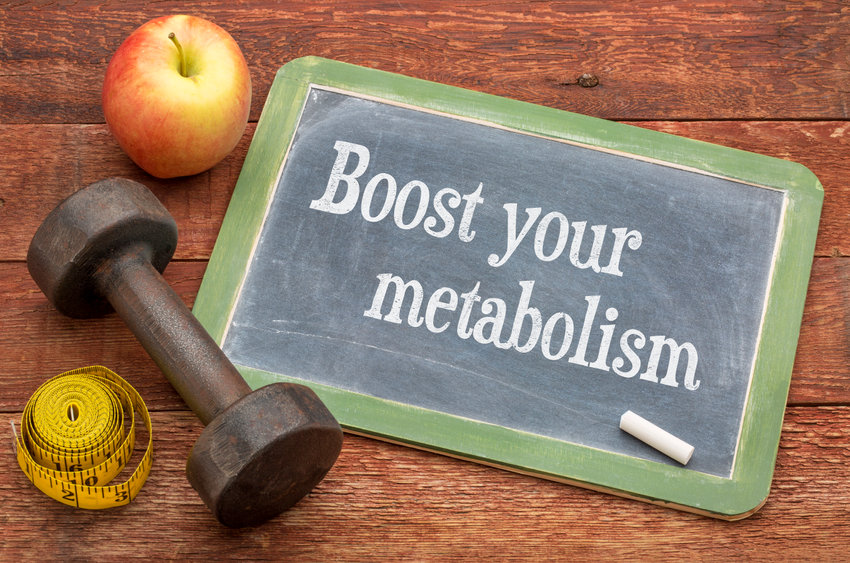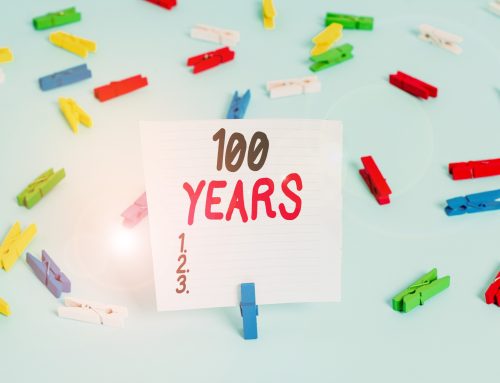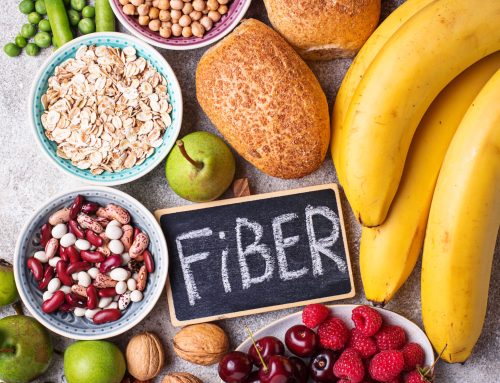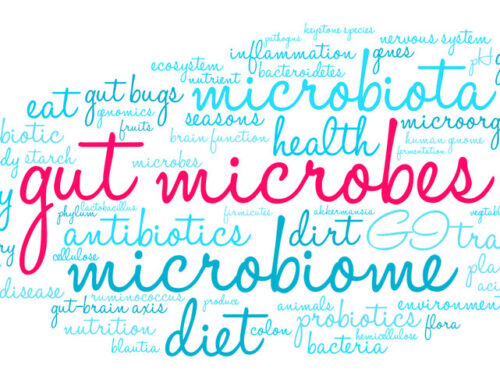Does metabolism slow down with age? The research shows that it changes with age, just not when you might think.
Most of us remember a time when we could eat anything we wanted and not gain weight. But a new study suggests your metabolism, the rate at which you burn calories, actually peaks much earlier and starts its inevitable decline later than you might think.
“As we age, there are a lot of physiological changes that occur in the phases of our life such as during puberty and in menopause. What’s odd is that the timing of our ‘metabolic life stages’ doesn’t appear to match the markers we associate with growing up and getting older,” said study co-author Jennifer Rood, PhD, Associate Executive Director for Cores and Resources at Pennington Biomedical Research Center.
Research to Determine How Metabolism Changes with Age
• An international team of scientists analyzed the average calories burned by more than 6,600 people as they went about their daily lives.
• The participants’ ages ranged from one week old to 95 years, and they lived in 29 different countries.
• To come up with a number for total daily energy expenditure, the researchers turned to the gold standard, a “doubly labeled water” method.
An Infant’s Metabolism Needs
• Pooling and analyzing energy expenditures across the entire lifespan revealed some surprises.
• “Some people think of their teens and 20s as the age when their calorie-burning potential hits its peak,” Dr. Katzmarzyk said. “But the study shows that, pound for pound, infants had the highest metabolic rates of all.”
• Energy needs shoot up during the first 12 months of life. By their first birthdays, babies burn calories 50 percent faster for their body size than adults.
• An infant’s explosive metabolism may help explain why children who don’t get enough to eat during this developmental stage are less likely to survive and grow up to be healthy adults.
• “More research is needed to better understand the metabolism of babies. We need to know what is driving higher energy expenditures,” Dr. Martin said.
Does Metabolism Slow Down with Age?
• After the initial surge in infancy, a person’s metabolism slows by about 3 percent each year until our 20s, when it levels off into a new normal.
• Surprisingly, the growth spurts of adolescence didn’t generate an increase in daily calorie needs after researchers took body size into account.
• Another surprise? People’s metabolisms were most stable from their 20s through their 50s. Calorie needs during pregnancy grew no more than expected.
• The data suggest that our metabolisms don’t really start to decline again until after age 60. The slowdown is gradual, only 0.7 percent a year. But a person in their 90s needs 26 percent fewer calories each day than someone in midlife.
Why Does Metabolism Slow?
Lost muscle mass as we get older may be partly to blame, the researchers say, since muscle burns more calories than fat. But it’s not the whole picture.
“We took dwindling muscle mass into account. After 60, a person’s cells slow down,” Dr. Ravussin said.
The patterns held even when differing activity levels were taken into account.
Aging goes hand in hand with so many other physiological changes that it has been difficult to parse what drives the shifts in energy expenditure. But the new research supports the idea that it’s more than age-related changes in lifestyle or body composition.
“This study shows that the work cells do changes over the course of the lifespan in ways we couldn’t fully appreciate before. But massive data sets like the one we collaborated on allow us to answer questions we couldn’t address,” Dr. Ravussin said.
Click here to read more about the issue of does metabolism slow down with age?







